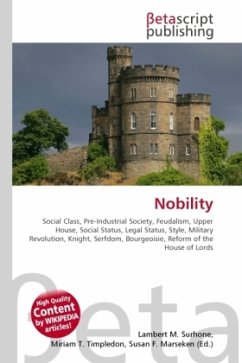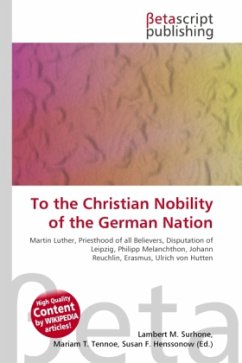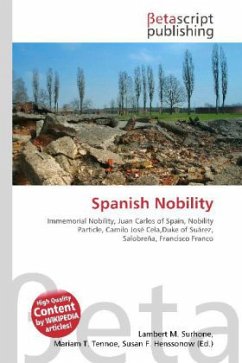High Quality Content by WIKIPEDIA articles! Nobility is a state-privileged status which is generally hereditary, but which may also be personal only. Titles of nobility are usually associated with present or former monarchies. The term originally referred to those who were "known" or "notable" and was applied to the highest social class in pre-modern societies. In the feudal system (in Europe and elsewhere), the nobility were generally those who held a fief, often land or office, under vassalage, i.e., in exchange for allegiance and various, mainly military, services to the Monarch and at lower levels to another nobleman. It rapidly came to be seen as a hereditary caste, sometimes associated with a right to bear a hereditary title and, for example in pre-revolutionary France, enjoying fiscal and other privileges. While noble status formerly conferred significant privileges, today, in most Western countries, noble status is a purely honorary dignity. In the United Kingdom, where some peerage titles, until recently, guaranteed a seat in the Upper House of the Parliament, there are still some residual privileges.
Bitte wählen Sie Ihr Anliegen aus.
Rechnungen
Retourenschein anfordern
Bestellstatus
Storno








![The Dormant and Extinct Baronage of England; or, An Historical and Genealogical Account of the Lives, Public Employments, and Most Memorable Actions of the English Nobility who Have Flourished From the Norman Conquest to ... 1806 [-1837] .. Volume 1 The Dormant and Extinct Baronage of England; or, An Historical and Genealogical Account of the Lives, Public Employments, and Most Memorable Actions of the English Nobility who Have Flourished From the Norman Conquest to ... 1806 [-1837] .. Volume 1](https://bilder.buecher.de/produkte/64/64834/64834893m.jpg)